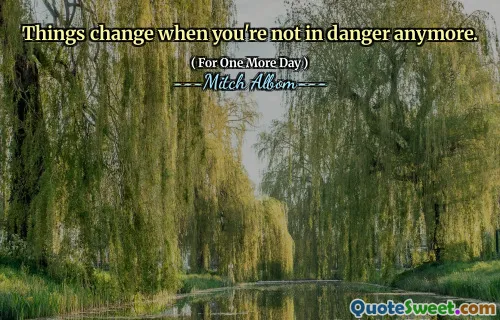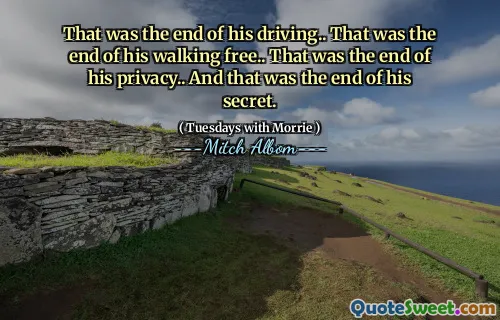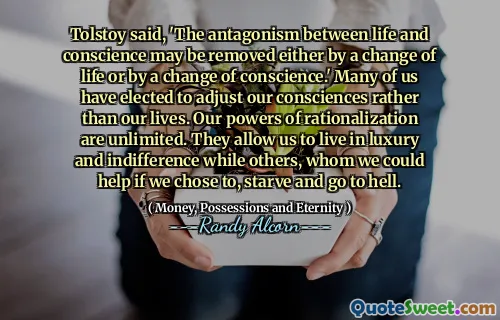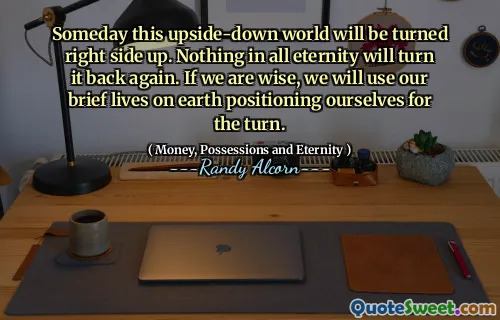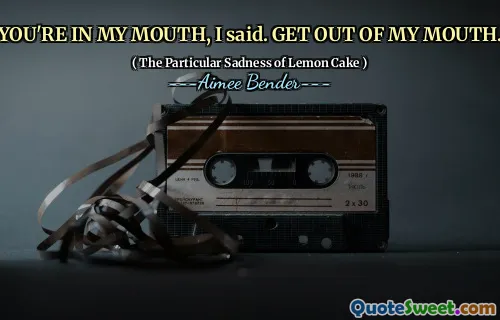For darkness terrifies. It swallows you, warps you, nullifies you. Who alive can possibly profess confidence in darkness? In the dark, you can't see.
In Haruki Murakami's "Dance Dance Dance," the concept of darkness serves as a powerful metaphor that evokes fear and uncertainty. The darkness is depicted as an overwhelming force that consumes and transforms individuals, stripping them of their essence and agency. This sense of dread highlights the innate human struggle against the unknown, prompting a reflection on how darkness influences our perceptions and experiences.
The quote underscores the stark reality that confidence in the face of darkness is profoundly challenging. It emphasizes the inherent vulnerability that comes with being unable to see, both literally and figuratively. The notion that darkness obscures our vision reflects the broader theme of seeking clarity and understanding in a world filled with ambiguity and fear.
